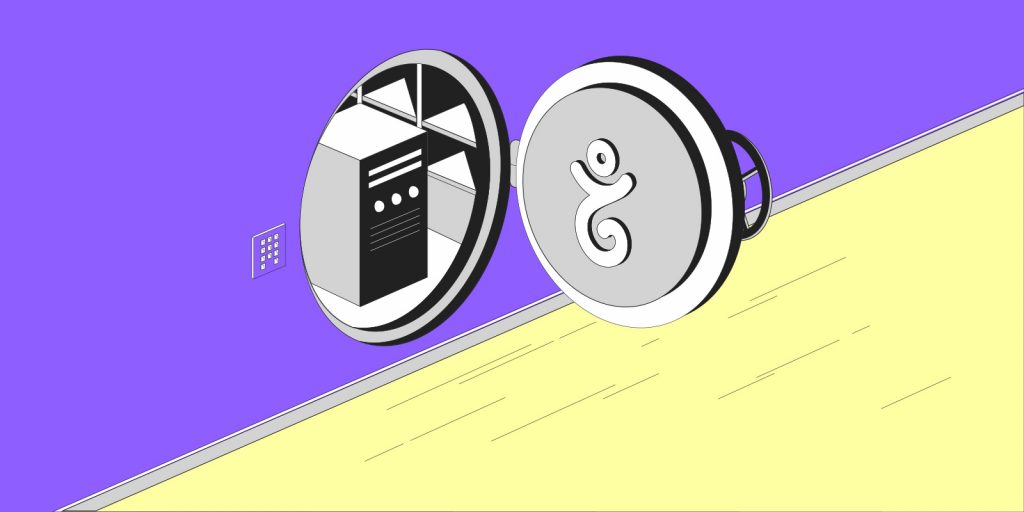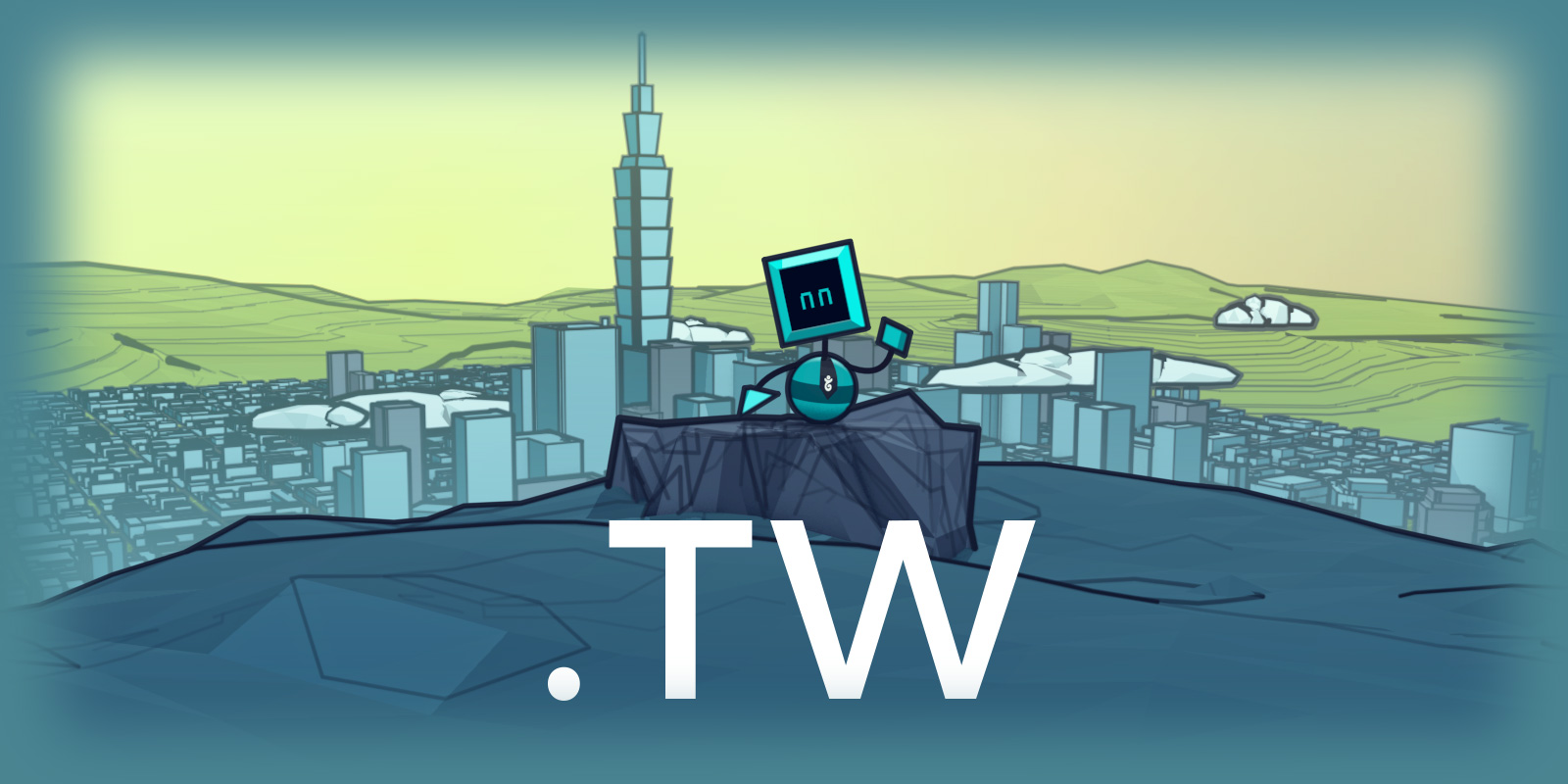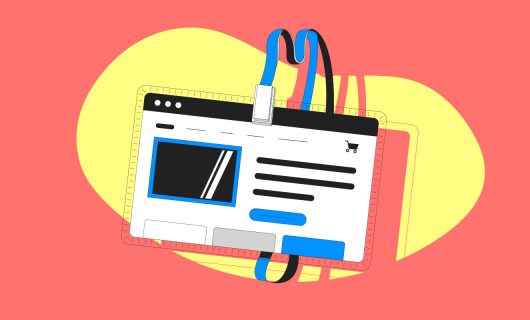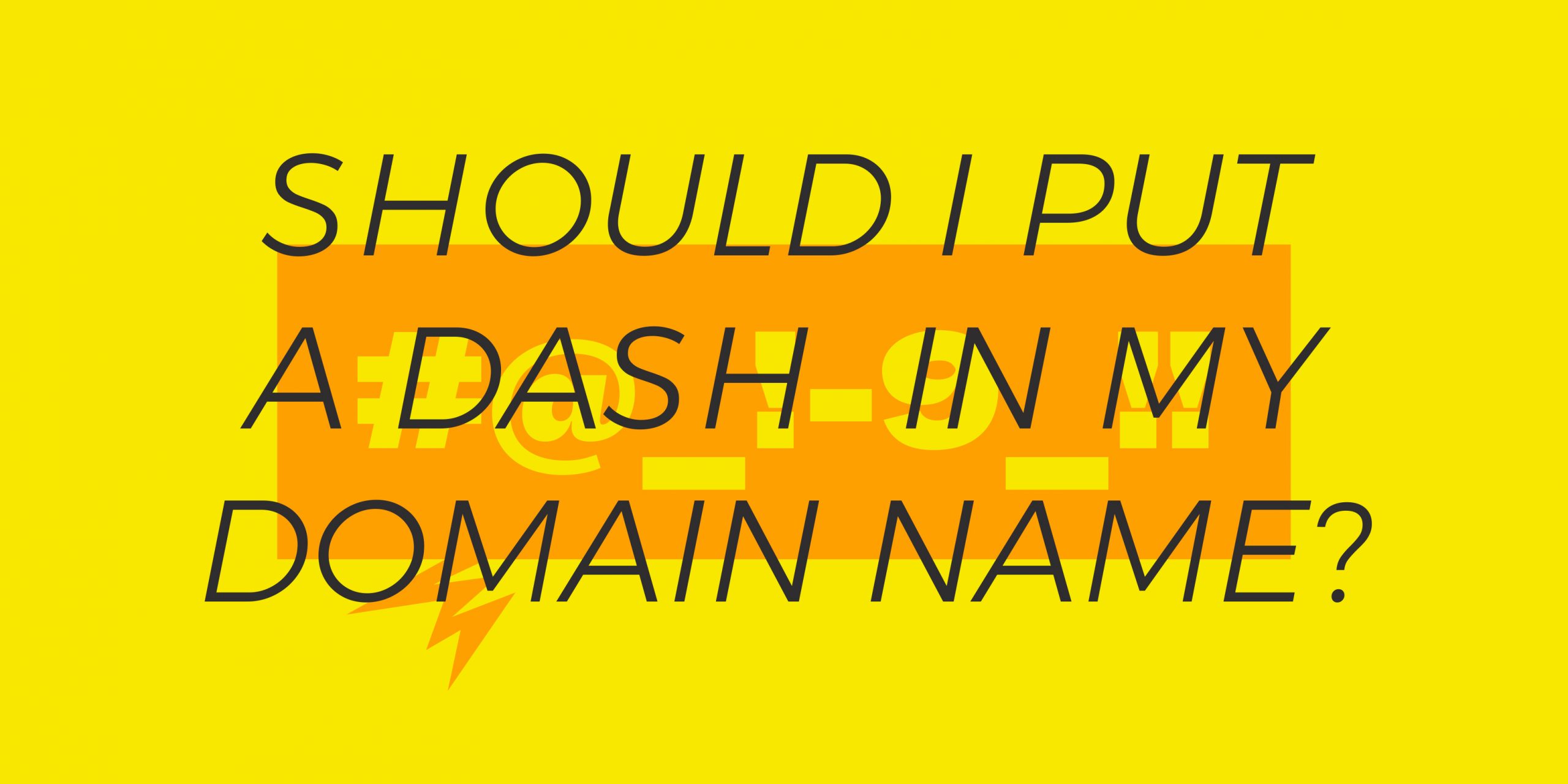
Have we already given up on protecting our presonal data? The illusion of free services and online content and the widespread sentiment of “it’s not so bad in the end,” encourage us to a bit too quickly accept cookies, trackers, and abusive terms and conditions. This relinquishing of certain aspects of our private lives isn’t inevitable, though, as Pouihou, co-director of Framasoft recently explained.
Framasoft, a Gandi supported project, is a non-profit organization created in 2001 and oriented towards popular education with the aim of raising awareness of digital issues and the cultural commons. Framasoft undertakes numerous initiatives to defend a free, decentralized, and ethical internet that works for the common good.
Personal data privacy myth #1: “I don’t have anything to hide, there’s no risk”
Anonymity is suspect. Why go out of your way to hide normal behavior? I don’t wear a balaclava to go grocery shopping …
Pouhiou: Of course you have nothing to hide, like most of us, you’re not an evil criminal! Still, you close the bathroom door when you use it. That’s because we want to preserve our privacy and the moments where we are not being watched.
Do I really want Google or Apple knowing that I drove my brother to a medical appointment, even when I didn’t activate my phone’s GPS and location services? And what would my brother think if I ever, unfortunately, had to bring him to a oncologist?
When I get the phone number of my crush, would I think of telling them, “Thanks for your number, by the way, I authorized Instagram, WhatsApp, Facebook, and Skype to access my contacts?”
The risk is to lose control of who knows what about what we do, our social relations, and the most intimate parts of our lives.
Personal data privacy myth #2: “My online activities are not interesting to anyone”
The best way to feel safe when you feel like you’re being watched is to tell yourself that nobody has the time or the resources to dedicate to the accumulation and processing of your personal data when, like millions of people everyday, you’re only doing normal, everyday activities online.
Pouhiou: Go tell that to the tax services that partner with Google Maps [link in French] to locate undeclared pool and garden shed constructions!
Big tech firms have become economic, technological, and political powers primarily thanks to the capture and resale of our behavioral data. Most of the time, these pieces of information are then bought by data brokers who cross-reference them with other sources (customer loyalty programs, etc.).
The end result is then resold to banks (to determine home loan rates), to insurance companies (to determine your health or car insurance rates), even to political influence businesses (like Cambridge Analytica, who were paid to influence the vote for Donald Trump in 2016).
Personal data privacy myth #3: “It’s the only way to get free services”
Isn’t it just the nature of our information-based economy? My personal data doesn’t cost me much and makes it possible, through targeted ads, to offer services and content that only cost me a little bit of my attention and “available brain space.”
Pouhiou: If you have to pay for a service with bits of your personal life, and the lives of your friends and family, is that really free?
In the economic model of big tech companies, we are an input, x. They capture our attention and feed us their services while milking our work (the content htat we create and publish with them) and our lives (by capturing our behaviors) for as much as they’re worth.
What’s certain is that we need to get away from the belief that “IT should be free, immediate, perfect, simple, and magic by clicking a button.” If websites, software, and online services work, it’s because there are humans that work hard to make it so, with their time and their talents (and their fridges to fill!).
And so learning to pay again to get ethical digital tools that respect your dignity and your integrity is not necessarily a bad deal.
Personal data privacy myth #4: “You can’t protect your personal data anyway unless you go live in a cave.”
To protect your personal data, you need to get off of social media, stop online shopping and go back to the lifestyle from decades ago and live like hermits.
Pouhiou: For sure you can’t escape digital technology if you want to live a normal life in society. That’s why it’s important to begin, starting now and at your own pace, to transition to digital tools that are closer to your values.
For example, instead of using Chrome (Google’s browser), Safari (Apple’s browser) or Edge (Microsoft’s browser), you can opt for Firefox (from the Mozilla foundation), which is made to serve you without exploiting you. If you add an ad blocker (Ublock Origin for example) and you synchronize it with the Firefox app on your phone, it becomes very, very practical.
Similarly, before quitting all social media (it’s hard), you can start to change the way you use it. First, go into your settings and make sure your privacy settings are activated. And then give yourself the gift of treating yourself to your own publishing space.
Create your blog, your website … the place where all your text, images, and videos that you create can have their own space. From there, your social media accounts become just a relay, a place where you publish links to your own space where you express yourself.
For example, you can create your blog with write.as or write.freely or with WordPress from the hosting collective CHATONS.
Likewise, getting a domain name is not very expensive (around $15 per year, often less), and for that price, some registrars, like Gandi, include your own custom email addresses. That way you can give a new email address to people who matter to you, another for websites you want to subscribe to, and keep your Gmail account as a “junk” address.
Conclusion: maintain control of your personal data
Making our adoptiong of everything the internet has to offer dependent on respect for our private life doesn’t mean turning back time. Alternatives exist, and it’s up to us to adjust our behavior. The first step, as is often the case, is to take account of the problem, and tools like Just Get My Data or Kimetrak help you verify the amount of information that the services you use have about you, which can definitely be disorienting. Hopefully, this first step should encourage others to start out on the path to greater control of their personal data.
Tagged in SecuritySimple Hosting



